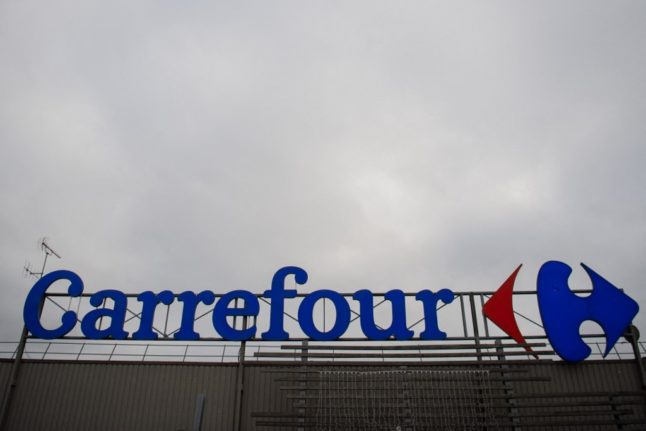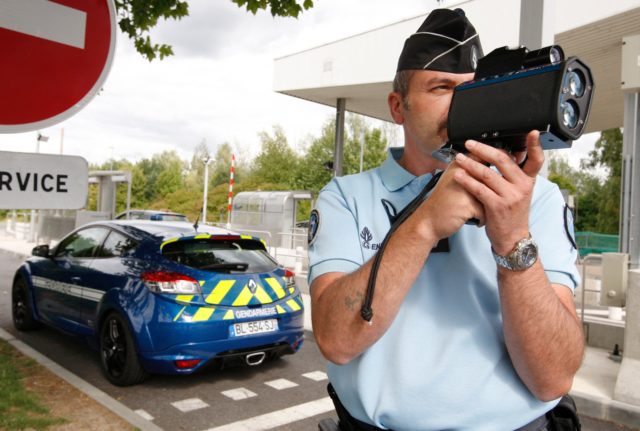The fuel stations operated by Leclerc and Carrefour in France began offering fuel at cost-price on Friday after calls from the government to aid consumers with the rising price of petrol and diesel.
The operation will remain in place until the end of 2023, BFMTV reported.
As for Leclerc, the company said in an announcement on social media that only the 696 service stations located at its supermarkets will be concerned, meaning it will not include motorway stations.
Unlike previous similar operations by Leclerc, concerned stations will offer fuel at cost-price every day of the week, including weekends and holidays.
The company added that the initiative was “designed to last”, but it would “have to be re-evaluated or adapted each month to take account of supply conditions and the expected involvement of oil companies”.
As for Carrefour, the company simply published a tweet announcing a “large-scale operation” to sell fuel at cost-price starting Friday.
Carrefour also noted that fuel at cost-price would be available specifically at stations at supermarkets.
Nous annonçons la plus grande opération de vente de carburant à prix coûtant de notre histoire.
Nous nous engageons à vendre le carburant sans marge, tous les jours, à partir de ce vendredi, et jusqu’à la fin de l’année. Cette opération massive couvrira tous nos hypermarchés. pic.twitter.com/WCapep5WLY— Carrefour (@CarrefourFrance) September 26, 2023
How much will the operation decrease costs for consumers?
A representative from France’s union for petrol industries (UFIP) estimated to BFMTV that retailers only had margins of around €0.01 when it comes to the sale price of fuel.
The president of Leclerc, Michel-Edouard Leclerc, told France Info on Wednesday that their margins were around “two to three percent, meaning about €0.02 to €0.06 cents per litre.”
So for a full tank of petrol at Leclerc, this might save the driver between just €1 and €2, according to estimations by France Info.
What about selling at a loss?
Despite requests by the French government, both Leclerc and Carrefour remained opposed to selling fuel at a loss.
In an attempt to respond to higher costs at the pump, France’s prime minister had announced that the government would pass legislation in order to allow fuel providers to sell at a loss, which would normally be outlawed in France due to protections for small and independent businesses.
However, fuel distributors have so far refused this government plan. Afterwards, French President Emmanuel Macron told TF1 in a televised interview that he would meet with fuel distributors to push them to sell at cost-price.
The president also said he would request that the government include a new scheme to help low-income households who rely on their vehicles to get to work in the upcoming 2024 budget.
READ MORE: Who could benefit from France’s planned new fuel subsidy?



 Please whitelist us to continue reading.
Please whitelist us to continue reading.
Member comments